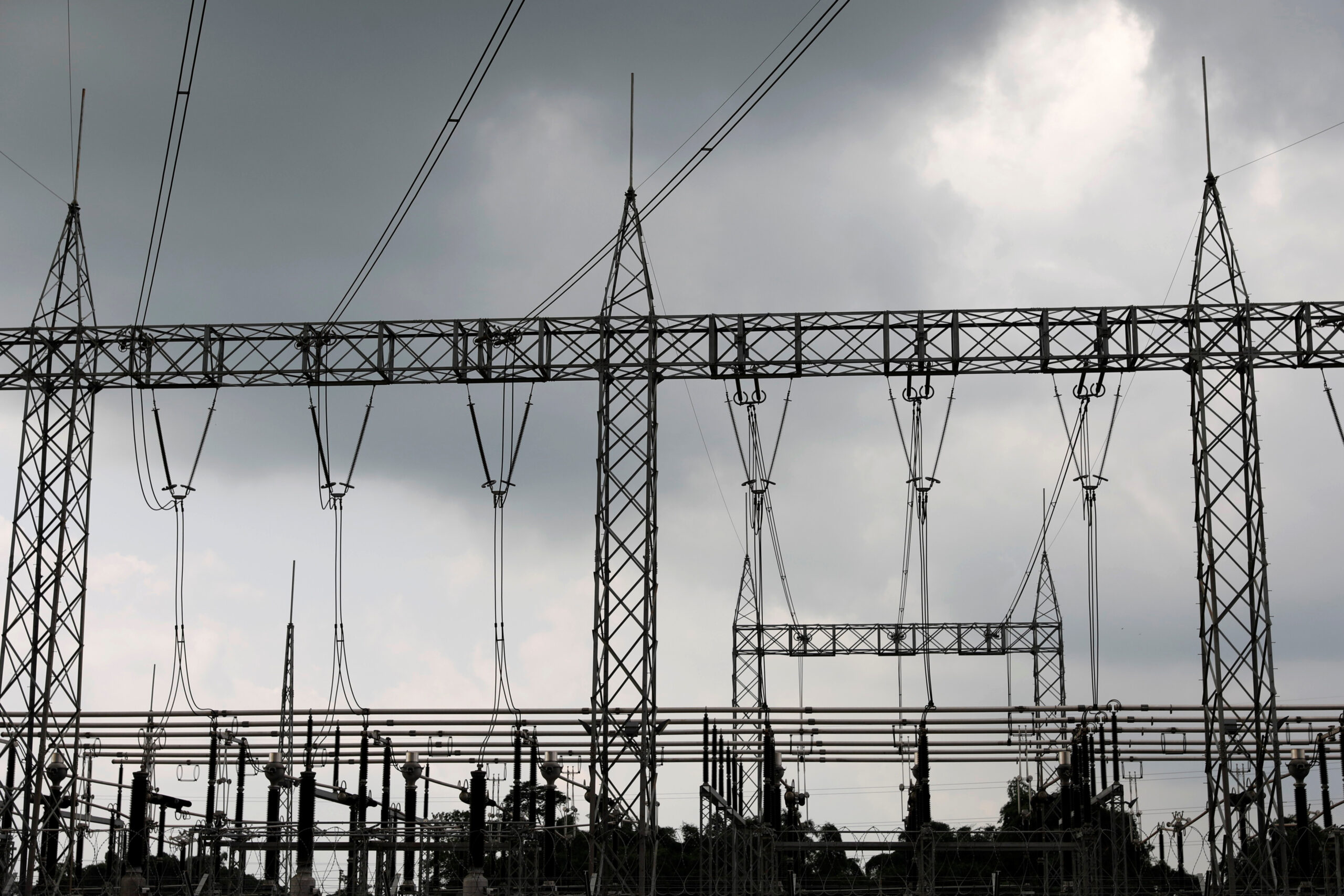
LAGOS — Nigeria’s electricity distribution companies reported “a total system collapse” on Thursday, causing widespread blackouts across Africa’s biggest economy, before power slowly started to return.
Power generation fell to zero in the early hours and had risen to 1,096 megawatts (MW) by 1245 GMT, still well below the daily average of 4,100 MW, data from the Transmission Company of Nigeria (TCN) showed.
TCN did not immediately respond to a request for comment.
Grid power supply is erratic in Nigeria, a major oil and gas producer, forcing households and businesses including oil firms and manufacturers to use diesel and petrol generators. Dickxion Bolodeku, an executive at technology firm Bayelsa Tech Hub in the southern oil-producing Bayelsa state, said a prolonged blackout could see his company spending more on fuel for a backup generator after President Bola Tinubu removed a subsidy on fuel in May.
“The cost of fuelling a generator is eating into our finances and as a tech business that relies on power, this is a heavy burden to bear,” Bolodeku said. In Lagos, despite enduring power cuts on an almost daily basis, some people were surprised at the nationwide blackout. Lagos-based Eko Electricity Distribution Company, one of the biggest, said power was being restored from the grid.
The grid collapsed at least four times in 2022, which authorities blamed on technical problems.
Nigeria has 12,500 MW of installed capacity but produces about a quarter of that.
Tinubu has promised to improve supply by allowing state governments to build their own power plants in a bid to help spur sluggish economic growth.
(Reuters)


